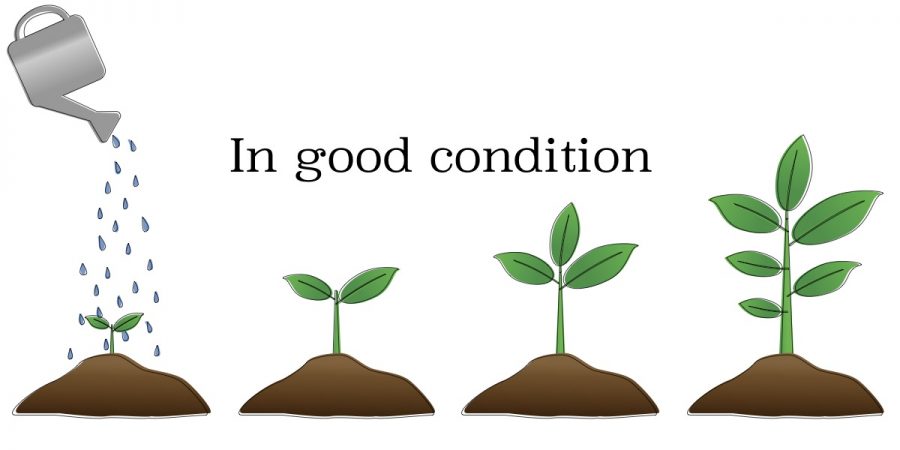In good condition
Another story through ‘The Overstory’
More stories from Evelyn Nelson
Photo by Submitted
“The best arguments in the world won’t change a person’s mind. The only thing that can do that is a good story,” Richard Powers, fiction author wrote in his novel, “The Overstory.”
In this simple phrase, Powers reminds readers like myself of the literal power within storytelling, through his most recently published novel.
“The Overstory” was written by Powers over the last decade and published in 2019. It has won several awards, including the Pulitzer Prize for Fiction and the Man Booker Prize for literature.
Our world’s global crisis has changed my entire outlook on everyday life, and this novel has also now shaped the way I view the world and how I practice empathy in my daily life.
For readers who are well-versed in the literary world, these accolades are a big deal.
Friends and family of mine will not be surprised to see “The Overstory” has made its way into my writing, as it slips into nearly every conversation I share with them.
Those who practice faith have a religious text to guide them; I have “The Overstory.”
The reason I bring this novel into the awareness of health and wellness is because, through unexpected pathways, one choice or external influence can change your entire outlook on life as it moves forward.
For me, this novel crossed my path at a time of uncertainty — the beginning of the COVID-19 pandemic — and brought a sense of security and purpose to my everyday actions, even in isolation.
The novel, according to readers’ synopsis through GoodReads, unfolds the interconnected relationships between unlikely companions — from all walks of life — and shares the important message of a world beyond our own Western perspective.
“There is a world alongside ours — vast, slow, interconnected, resourceful, magnificently inventive and almost invisible to us,” GoodReads users said. “This is the story of a handful of people who learn how to see that world and who are drawn up into its unfolding catastrophe.”
There is such a profound way in which Powers utilizes the simplest of human imagery — in this story, a tree — to reveal the fundamental truth of a fleeting earth and the urgent need to connect with it.
While this novel would be categorized in the genre of environmental fiction, I also would add historical fiction, memoir and self-help.
In my reading experience — during a pandemic and social uprising — where anxiety was high and the future was unknown, it seemed as though there was no foundation I could turn to. Everything was changing in a matter of seconds.
But, “The Overstory” had a foundation — had a story whose intent was clear and ready to be in the hands of those willing to make change.
Whether or not the takeaway from readers is purely connected to the message of environmental justice — for me, another message was clear. The message I took was to find connections within others who are different than you, who deserve justice.
This takeaway stretches far beyond the roots and crown of a tree — with issues of social justice and the injustices of minority populations being undervalued, or service and frontline workers who risk their lives for social good.
These are the connections in our present day lives, which can be found and brought to the world’s attention.
In addition, this novel has now inspired me to change my educational path entirely to focus on intersectional identities as they relate to the environment: a topic I would have never become fascinated with, without Power’s driving words.
It’s in his name after all: power.
So, next time you pick up a book, read an article, or look at a poster on campus, keep an open mind, as it may change your outlook on life for the better.
In the meantime, I will be sitting under a tree, book in hand and soaking up all of the insight from “The Overstory” I didn’t catch during my first read.
Nelson can be reached at [email protected].











